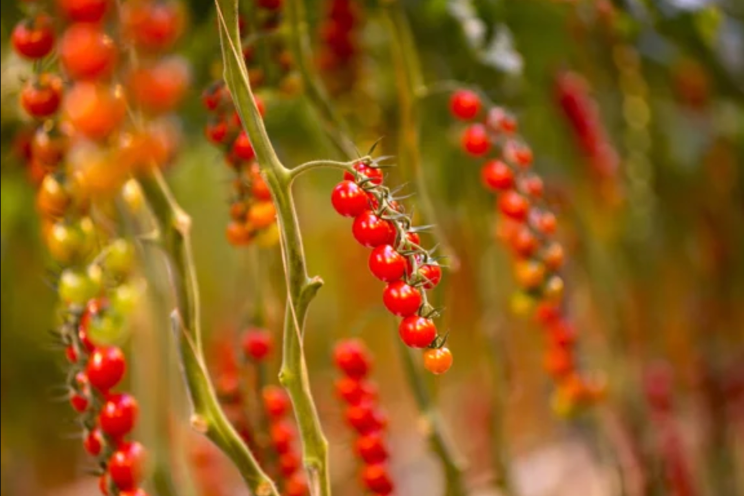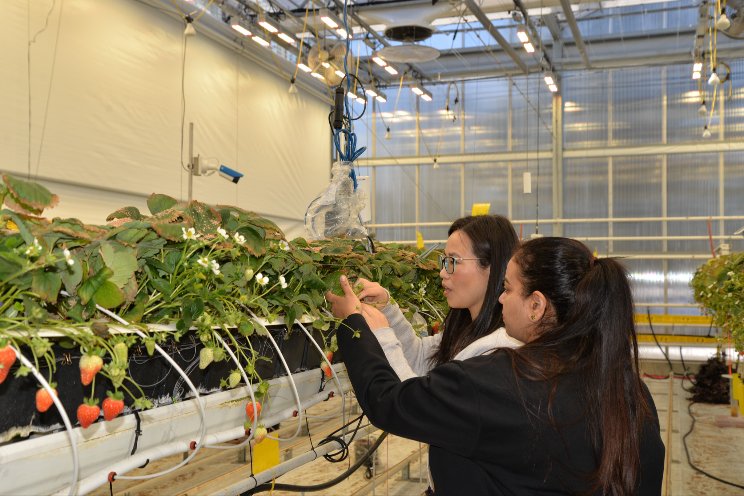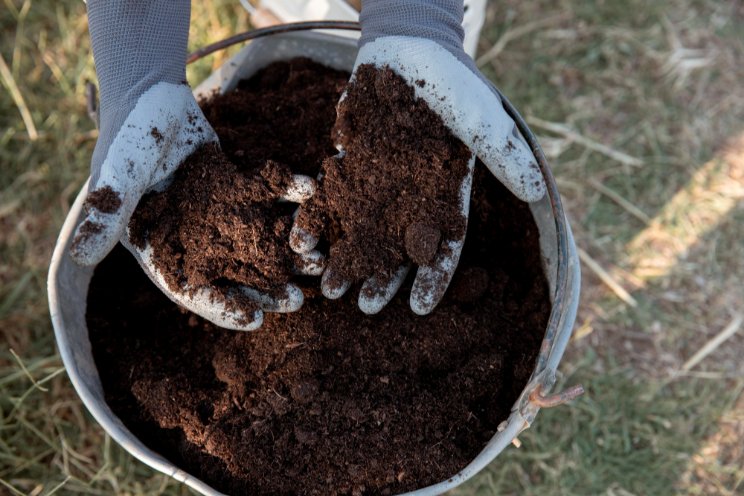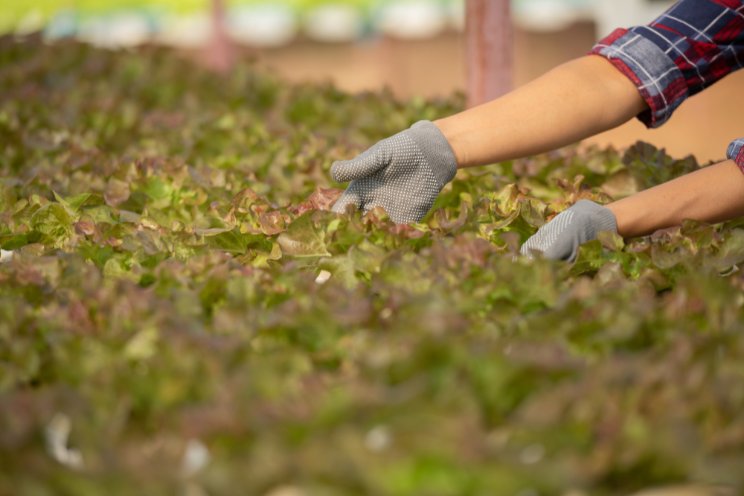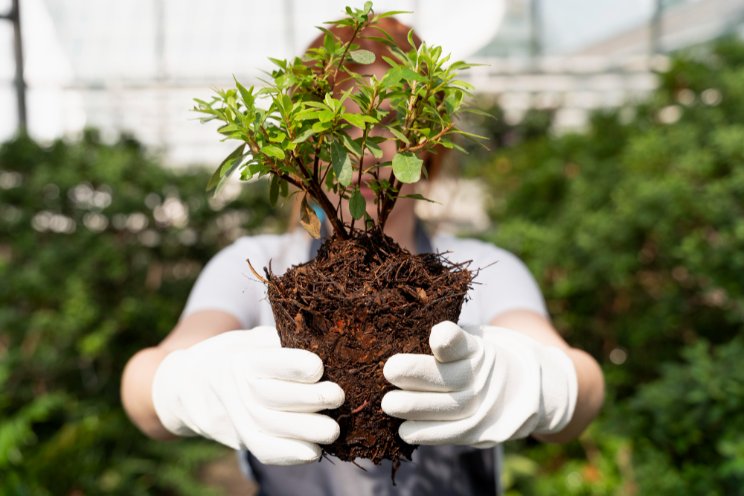Investing on tomato puree/paste plant
Added on 31 March 2020
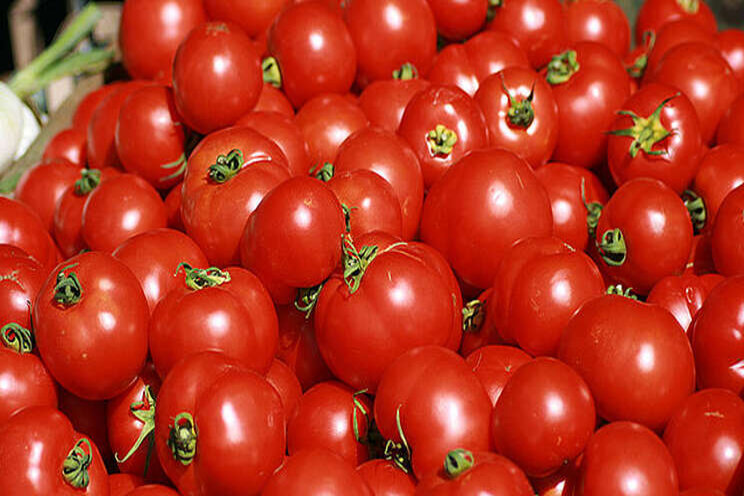
Though different brands of tomato paste/puree are imported into the country, investors can produce high quality paste/puree at a reduced cost.The demand for this product across the county and the West African sub-region is high, especially as it is consumed daily in homes, hotels, restaurants and even roadside eateries.
Tomato can be processed into paste/puree, canned or in sachet and sold in the local markets or for export. To set up a tomato paste-producing plant, investors need items such as expelling, blending, filling, pasteurizer and washing machines. Others include stainless top working table and canning machine. It is also pertinent to mention that all these machines can be got locally. The machines can also be imported, depending on the choice of the investors. Preservatives can also be obtained locally.
The production process is simple. It is made up of washing, pulverizing and mixing with preservatives. Finally the pastes/purees are canned or put in sachet. The canning materials can be obtained locally too.
With N17m an investor can set up the business. From analysis, the projected total sales in the first year will be N58 million. Deducting projected costs of establishment, it then implies that the project can pay back the cost of establishment in the first year of operation.
The rate of returns on investment, based on projection is 67 per cent. The profit before tax of the proposed project is N25million. This figure can be increased to about N238 million in the fifth year of operation. This project is considered feasible because the raw materials and manpower are all available in the country.
The machines can be procured and installed by local fabricators, in lieu of imported types. This project will forestall the importation of pastes/purees, thereby conserving investors' foreign exchange. It can also generate employment for about 10 or more youths, thereby helping to reduce unemployment in the country.
Source and Photo Courtesy of Guardian
Source: Guardian
More news
